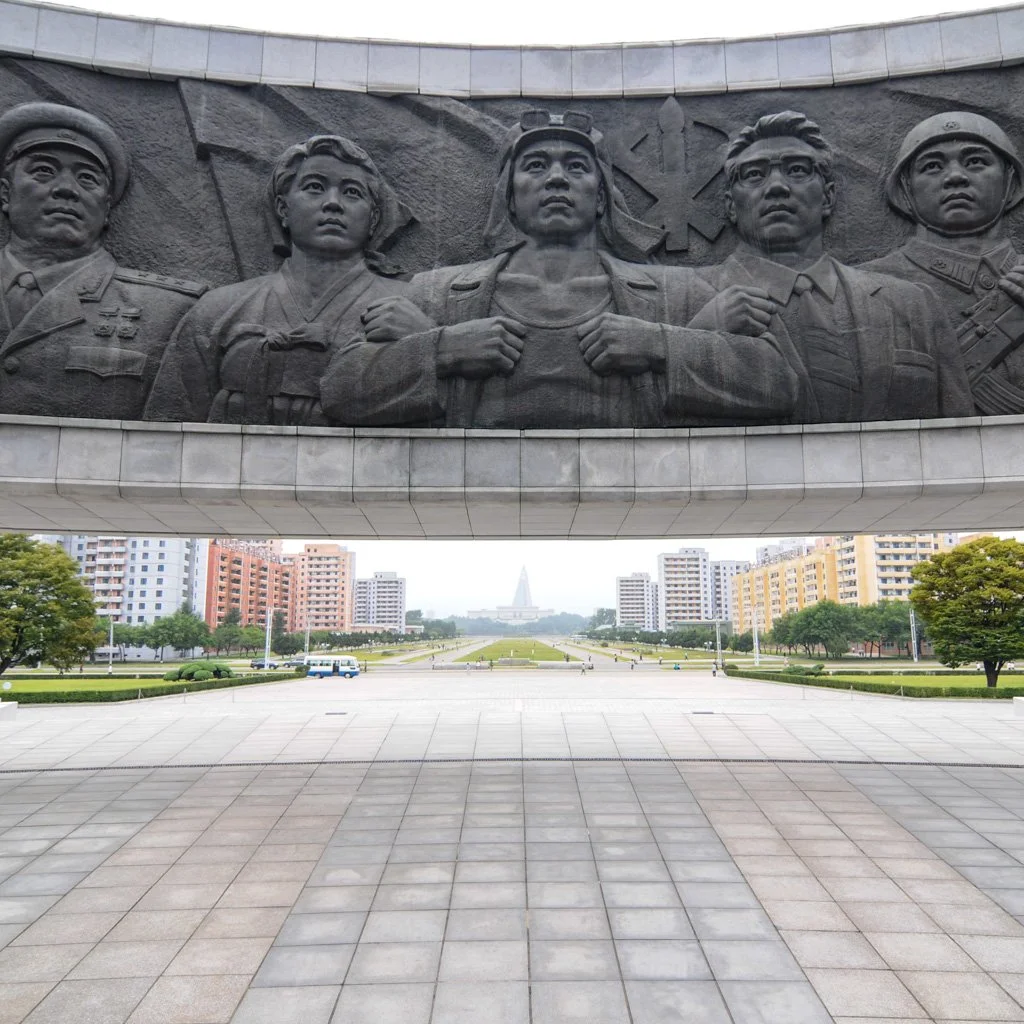I just visited Pyongyang to check in on ongoing training programs, and to start preparing our partners for a major ramp-up of programs in 2013 and the conversion of our Beijing presence (i.e. Peter) into a full-time office. Program frequency and size continues to increase, and we are expanding coverage of topics and organizations. We will also be launching our flagship Women in Business training program targeting female entrepreneurs and managers. The most amusing training discussion award goes to the incredibly tenacious but good-humored negotiator from the Ministry of Finance. Typically, we try to keep workshops inside the DPRK short and focused, with a one-week session covering a specific topic in-depth. Short sessions in the initial phase help us understand what the learning needs are before we commit more resources to a topic area or organization. There are also budget reasons for keeping programs short. In terms of good topic areas, there was no shortage of them as the Ministry had a well-prepared list of areas that they wanted us to focus on. This was the easy part.
Our partner (rightly) insisted that longer sessions are much more effective. Our discussions became a see-saw battle in which I pushed for short sessions on a specific topic at this phase while he kept pushing for programs ranging upwards of 2 months and stretching to 9 months. When we had agreed that the majority of participants would be under 40 and moved back to discussing the program length, he mentioned that short programs would be suitable only for more senior people and we ended up discussing the participant ages again. It seemed like whack-a-mole as issues kept popping back up even after I thought I had resolved them.
Not wanting to commit to something without having had time to think it over and discuss it with the team, I explained that we might explore doing something in middle of 2013 with them, but that we are not ready to commit to anything yet. Our partner, who was enjoying himself, good-naturedly suggests that it was alright not to commit to anything yet, as this would be the first of many discussions. Perhaps next time Andray will get to enjoy negotiating with this partner!


